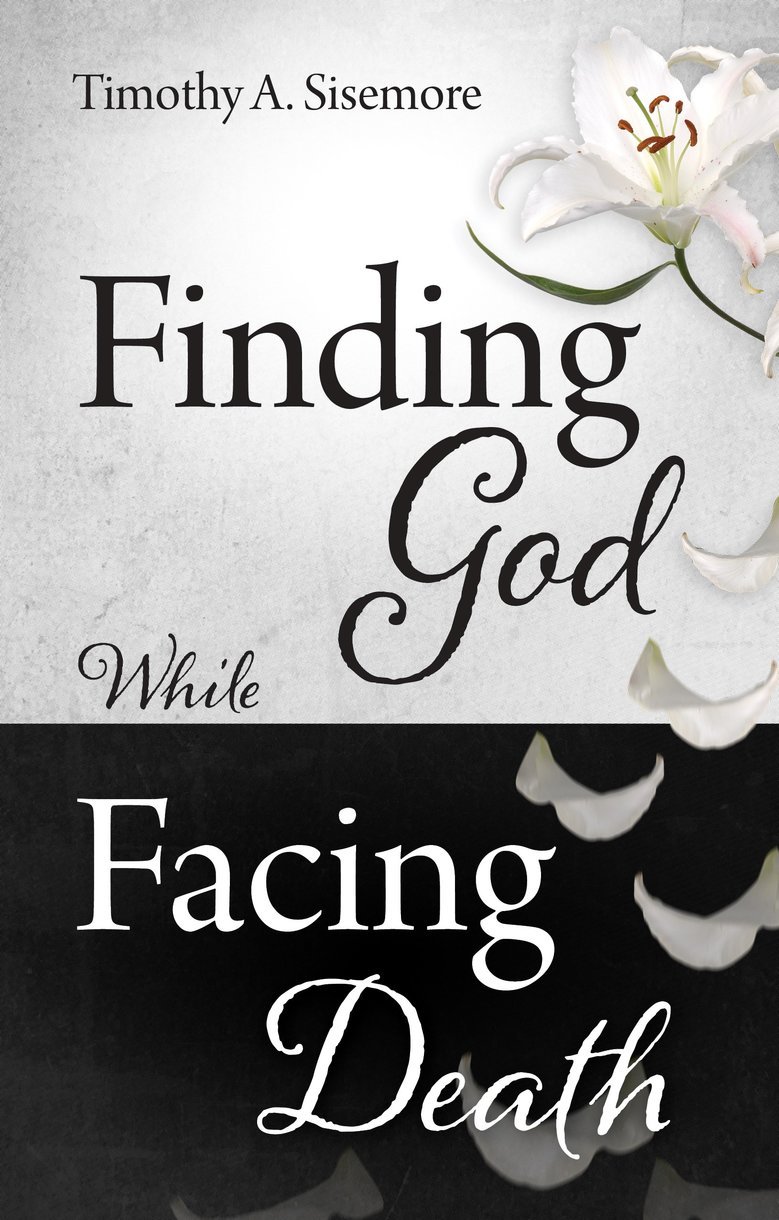Learning from Jesus as He Faced Death

Barring our Lord’s return beforehand, we all will die, and likely deal with the deaths of many others along the way. Our entertainment-focused age distracts people from thinking of this reality, but it does not change it. Christians in particular seem to struggle to reconcile our biblical knowledge about death with our fear of it. Yet here is where believers could be a great testimony before the world by facing death honestly and openly. We can learn much from our Savior about how to do so by considering how he coped with his own death.
We learn from Jesus in the Garden that he wanted the cup of death to pass, but deferred to God’s will over his own (Luke 22:42). We learn even more from the things Jesus said on the cross. Remarkably, three of Jesus’ final words were aimed at caring for others. Rather than becoming wrapped in self-pity as he suffered the most unjust death in history, our Lord continued to show care for those he had created. Shockingly, Jesus asks forgiveness for the very persons who were executing him (Luke 23:34). This runs contrary to how many of us respond when we feel we are treated unjustly. So, rather than be angry and looking for someone to blame (an unfair employer who stressed the dying person, a less-than-supportive spouse, or even a medical professional who did not find a way to heal the dying person), we are like Jesus if we seek – even as we face death - to forgive those who have wronged us.
In Luke’s account, a few verses later (23:43) Jesus gives eternal forgiveness to a criminal apparently deserving of his death sentence. In the agony of his suffering, Jesus still cares for and delivers the person next to him. Rather than Jesus’ thoughts and feelings imploding on himself in this darkest of hours, he still shows love to others. What would this look like for us?
Jesus then cares for his mother, Mary, commissioning John to treat her as his own mother. There is much we can do in life, and then in dying, to see that our families are cared for. Jesus models how part of dying well is to provide for the ongoing financial, physical, emotional, and spiritual well-being of loved ones after our passing.
Jesus’ humanity is again on display in Matthew 27:46 when he cries, “My God, my God, why have you forsaken me?” While this was partly to fulfill Psalm 22:1, this also demonstrates the suffering our Lord endured for our sin as he died. We cannot even imagine the agony of this sense of being forsaken by another member of the Trinity, but we do see that Jesus is free to express his struggles to God. As we face death and the overwhelming emotion it brings, we, like Jesus, can share our burdens with God without pretense.
Jesus endures physical misery as seen in the words, “I thirst” (John 19:28), another comment fulfilling Old Testament Scripture (Psalm 42:2). Jesus still sought to satisfy this poignant physical need, even as he neared death. We follow suit when we are honest about our needs as we die, and as we comfort loved ones in their final hours.
The moisture from the sour wine seems to have moistened our Savior’s throat so he could voice his last words. John 19:30 records his statement, “It is finished”. The journey he faced with dread in the Garden is now completed. In our day our commitment to medicine may keep us fighting the inevitable, falsely holding to the notion that there is always a treatment that will save us, or even that God will never will our deaths. We learn from Jesus that there is a time to concede that it is indeed God’s will that we, or our loved one, join him in eternity.
Jesus cites Scripture for the last time during his earthly life when he exclaims Psalm 31:5: “into your hands I commit my spirit” (Luke 23:46). Jesus’ knowledge of Scripture serves as a model for us to learn it for a time when we will most earnestly seek comfort from it. With these priceless words, Jesus teaches us that he is not yielding to fate, or death, or the devil, but to the loving hands of his Father. Jesus died willfully with an awareness of surrendering control. In the end, death is another proof that God is the one truly in control. When we trust this divine benevolence, we find the strength and courage to find God while facing death.
Adapted from Finding God While Facing Death by Timothy A. Sisemore, Ph.D., copyright © 2017 Christian Focus Publications, used with permission.
Can God change your life?
God has made it possible for you to know Him and experience an amazing change in your own life. Discover how you can find peace with God. You can also send us your prayer requests.
We encourage users who wish to comment on our material to do so through our CBN Facebook page.






